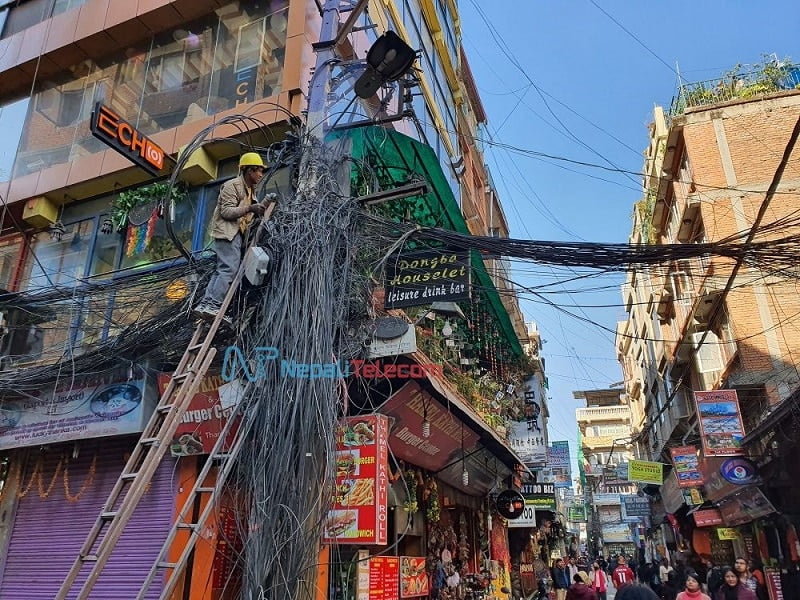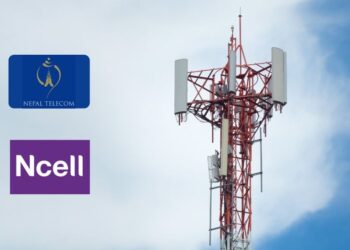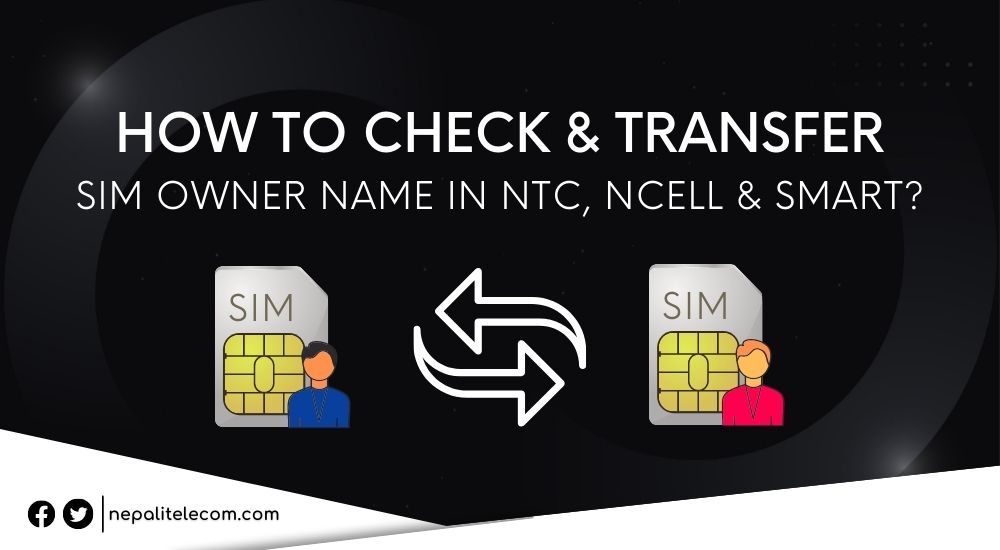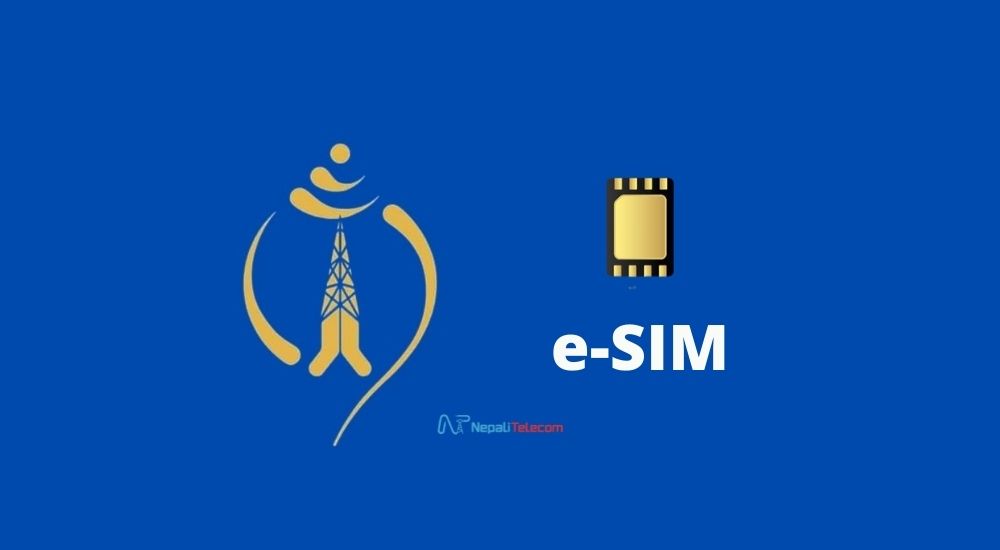Internet service providers (ISPs) are seeking help from regulator Nta after various local bodies (governments) started demanding a tax for their internet service. They have drawn the attention of the authority through their umbrella association ISPAN to find a resolution in the matter.
ISPs have already been embroidered in a long-spanning conflict with NEA over pole rentals. And only a few of them have reluctantly started paying the pole rental charges.
ISPs state that local governments asking for internet service is beyond the law in practice. Arguing that the federal government has endorsed the idea of making internet affordable for all, however, local bodies’ policy of seeking additional tax on their service has created more problems in their industry, they conveyed the matter to Nta through ISPAN.
“Being aware of the mentioned situation (or not), the local bodies are going beyond their rights, practicability, and the scope of the law to collect ‘municipal/sub-municipal/village taxes’ on essential internet services and are writing letters and giving unnecessary pressure to the internet service providers,” the letter read.
ISPAN has also conveyed that while calling for ‘unconstitutional’ taxes, local bodies “challenged the Telecommunication Act, 2053.” It said that there are proofs that some local governments blocked ISPs’ internet service stating that the tax was not paid.”
Do read: NTA calls internet cable cutting a human rights violation
Disrupted internet service over local tax
The letter mentions that Dhangadhi Sub-Metropolitan pulled the server of Broadlink disrupting its internet service. Bhaktapur municipality has also threatened to disallow service expansion, maintenance, etc. of ISPs for not paying municipal tax.

Similarly, Kathmandu Metropolitan city has also mandated local tax on ISPs. As per the city’s revenue department, ISPs with over ten thousand customers are ruled to pay Rs 20,000 and those with over ten thousand customers need to pay Rs 40,000 annually. This tax policy also applies to cable TV service providers.
ISPs pay various types of taxes under different headings to the government. They pay Rural Telecommunication Development Fund (RTDF), royalty, corporate tax, bandwidth sales tax to NSPs-ISPs, customs taxes, etc. to the federal government of Nepal.
Also read: Best ISP Internet Service Providers in Nepal: Comparing Speed and Offers
“Out of the law”
They reason that according to the Telecommunication Act/regulations, the taxes paid by ISPs transfer down to the local government. Therefore, it is illegal for local bodies to impose local taxes on ISPs undermining the central regulatory act.
The burden on the customers!
It’s likely that additional tax on internet services will result in companies hiking the price on end customers. This is what ISPAN warned on Nea’s pole rental charges hike.
The government has promoted the idea of digital inclusion and it needs an accessible internet service. This has to do with service expansion and cheaper internet. The 3% TSC cut has marginally held internet prices from going high.
Since the internet speed war, ISPs have focused more on high-speed than lowering internet packages. It is only likely that additional tax obligations upon them will translate to raised internet bills for the customers.
In its letter, ISPAN also pointed to the internet service being listed as an essential service and a human right.
Amidst its conflict with NEA over pole rental charges, ISPs are now having to grapple with local bodies demanding local tax on their internet service. What could solve the long-running tax and cost issue involving the internet service in Nepal? Is it time that the government intervened earnestly and clarify its stance to all? Do share your opinion in the comments below.












